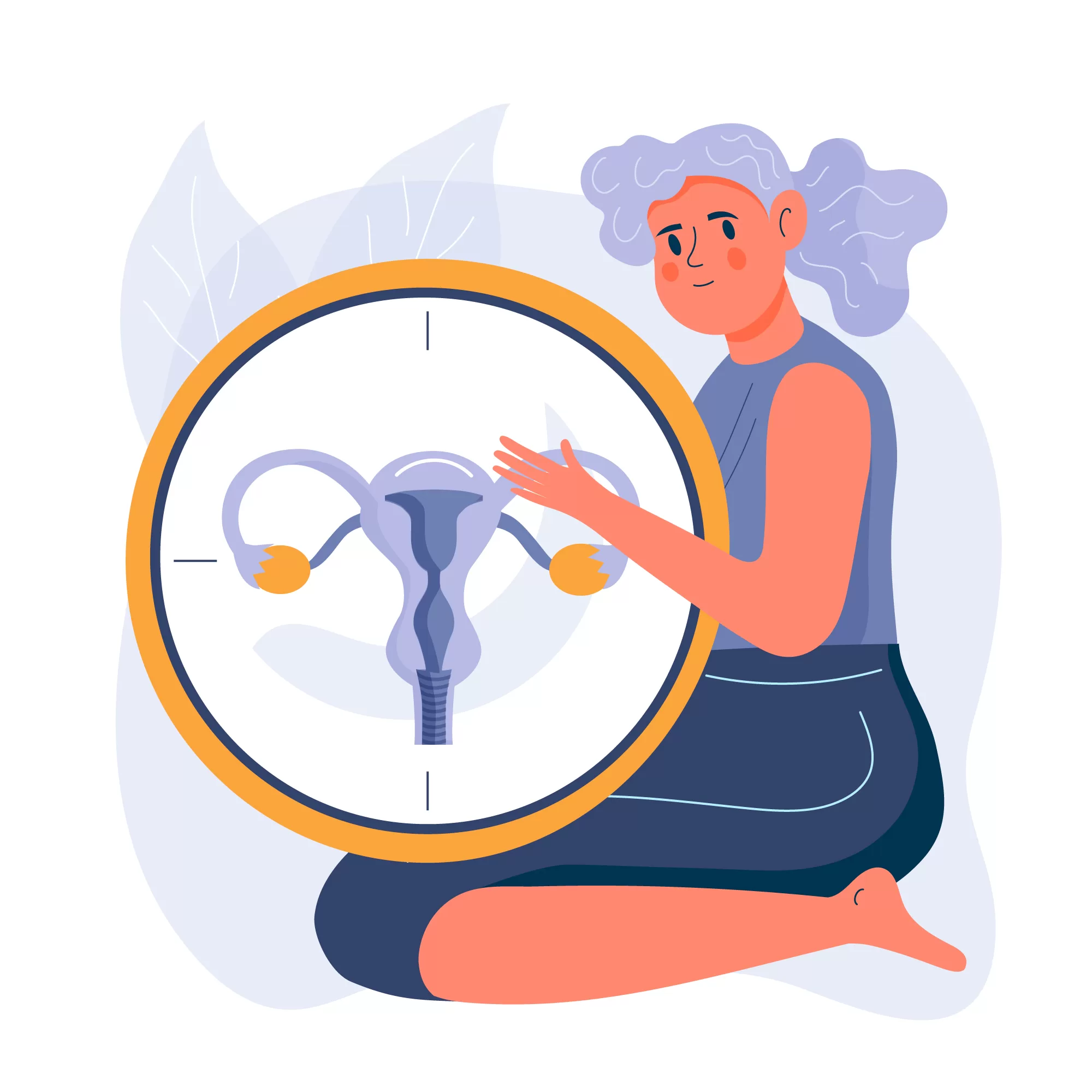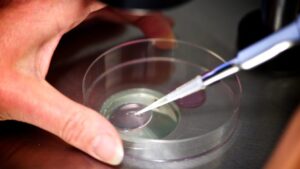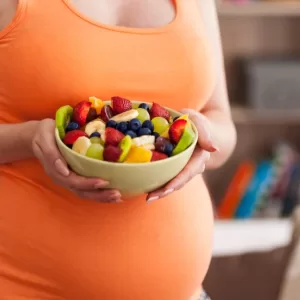Low testosterone levels, often associated with men, also affect women, albeit in smaller amounts. Testosterone plays a crucial role in various bodily functions in women, and a deficiency can significantly impact their health and well-being. This article aims to provide a comprehensive understanding of low testosterone in women, covering its causes, symptoms, diagnosis, treatment, and effect on female fertility at the Best IVF Hospital in Thane.
What is Low Testosterone in Women?
Low testosterone in women refers to an insufficient level of testosterone, a hormone produced in the ovaries and adrenal glands. Despite women having much lower levels of testosterone compared to men, it still plays a critical role in their physical and mental health, affecting muscle mass, bone density, mood, and libido.
Who Can Experience Low Testosterone in Women?
Low testosterone can affect women of all ages, including adolescents and postmenopausal women. However, it becomes more prevalent as women age, particularly during and after menopause.
Types of Low Testosterone in Women:
- Primary Hypogonadism: This occurs when the ovaries or adrenal glands don’t produce enough testosterone due to various medical conditions, genetics, or aging.
- Secondary Hypogonadism: In this type, the pituitary gland or hypothalamus, located in the brain, doesn’t function properly, leading to lower testosterone levels.
Causes of Low Testosterone in Women:
Several factors can contribute to low testosterone levels in women, including:
- Medical conditions affecting androgen production
- Chemotherapy or radiation
- Ovarian or adrenal failure
- Hypothalamic-pituitary axis dysfunction
- Medications such as corticosteroids or hormonal contraceptives
Symptoms of Low Testosterone in Women:
The symptoms of low testosterone in women can manifest both physically and emotionally, including:
- Fatigue and reduced energy levels
- Decreased libido
- Mood changes (irritability, depression)
- Loss of muscle mass and strength
- Weight gain
- Cognitive difficulties
- Changes in hair and skin texture
- Bone density loss
- Genitourinary syndrome of menopause (GSM) affecting sexual function and urinary health
Impact on Female Fertility:
Low testosterone levels can disrupt the menstrual cycle and ovulation, affecting fertility. It can lead to irregular or absent periods, making conception difficult for women.
Diagnosis of Low Testosterone in Women:
Diagnosing low testosterone in women involves a thorough evaluation, including:
- Medical history and symptom assessment
- Physical examination
- Blood tests to measure testosterone levels
Treatment Options for Low Testosterone in Women:
Treatment aims to address the underlying cause and may include:
- Hormone replacement therapy (HRT) to boost testosterone levels
- Lifestyle changes such as a healthy diet, exercise, and adequate sleep
- Management of underlying medical conditions like diabetes or PCOS
Conclusion:
Low testosterone in women is a significant health concern that requires attention and understanding. Recognizing the signs, obtaining a proper diagnosis, and seeking appropriate treatment can significantly improve a woman’s quality of life at the Best IVF Hospital in Thane.





